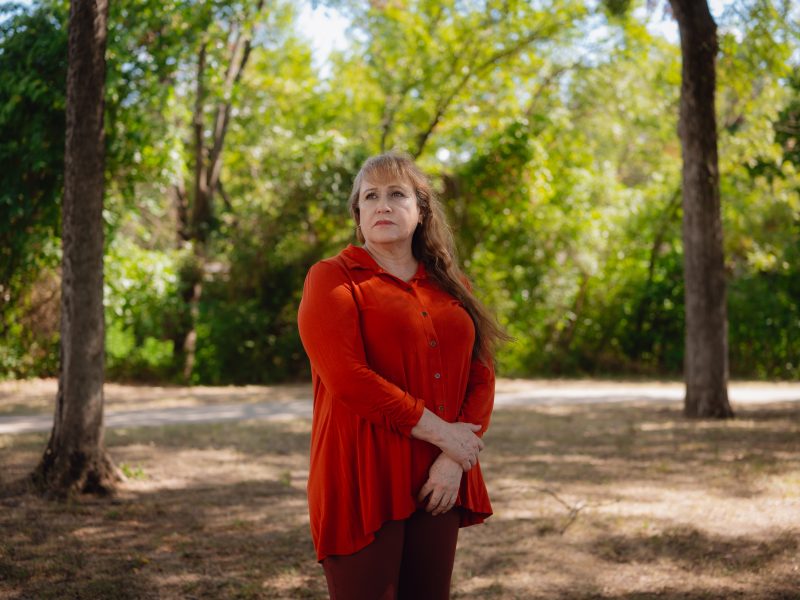In a society where the integrity of elections is paramount, instances of election fraud can evoke feelings of distrust and concern among citizens. The case of Paxton’s election fraud charges serves as a sobering reminder of the potential consequences of such actions. While the allegations levied against individuals involved in election fraud can have far-reaching implications, the actual number of convictions resulting from these cases is relatively low.
One of the key elements that emerges from Paxton’s election fraud charges is the significant impact they can have on the lives of those accused. Individuals facing such allegations may find their reputations tarnished, their careers jeopardized, and their personal relationships strained. The stress and uncertainty that accompany being embroiled in a legal battle of this magnitude can take a toll on mental and emotional well-being, leaving individuals feeling isolated and overwhelmed.
Moreover, the legal process surrounding election fraud charges can be complex and lengthy, further exacerbating the challenges faced by those accused. The need to navigate a maze of legal procedures, gather evidence, and mount a defense can be daunting, particularly for individuals without the resources to afford top-tier legal representation. This can result in disparities in access to justice, with marginalized individuals and communities bearing the brunt of the burden.
Despite the gravity of the allegations, the outcome of cases involving election fraud charges often falls short of securing convictions. Factors such as the high burden of proof required to establish guilt, the complexities of election laws, and the challenges of obtaining concrete evidence can complicate the prosecution’s case. Additionally, legal technicalities and loopholes may provide avenues for defense attorneys to challenge the charges, leading to acquittals or plea deals that result in lesser consequences for the accused.
Moreover, the inherent difficulties in uncovering and proving instances of election fraud can hinder law enforcement agencies’ ability to bring cases to a successful resolution. The clandestine nature of such activities, coupled with the lack of robust investigative mechanisms, can create significant barriers to identifying and prosecuting perpetrators effectively. As a result, many cases of election fraud may go undetected or unpunished, perpetuating a cycle of impunity that undermines the democratic process.
In light of the challenges and complexities surrounding cases like Paxton’s election fraud charges, it is essential to recognize the importance of upholding the rule of law and safeguarding the integrity of electoral systems. While instances of election fraud may be relatively rare, their potential impact on public trust and confidence in democratic institutions cannot be overstated. Efforts to strengthen election oversight, enhance transparency in electoral processes, and hold wrongdoers accountable are crucial steps towards preserving the sanctity of democracy.


























